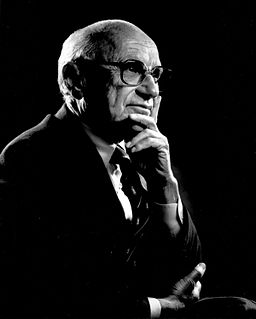You take my friend Fenwick. He is an exceedingly loveable little man. His disposition is so sunny, his character so open, that even the Most Hardened Cynics, of whom my wife is International Chairman, call Fenwick “utterly adorable.” He is the very incarnation of the Boy Scout creed: “trustworthy, loyal, helpful, friendly, courteous, kind, obedient, cheerful, thrifty, brave, clean (great Scott! but he’s clean), reverent.”
Now you would think that with a personality like that, Fenwick would be just about the most popular man on our block. That is not so. Fenwick is just about the most unpopular man on our block. People can’t stand him. I have seen Sunday-school teachers with unblemished complexions, and account executives with split-level ranch houses, throw conniption fits at the mere mention of Fenwick’s name. Why? Why? I puzzled over this for years, using the finest puzzling equipment money can buy, before I discovered the answer: Fenwick is a man who goes around being logical. He even uses reason at cocktail parties.
Now, most people believe in reason the way they believe in cold showers: It’s O.K. if you don’t overdo it. Very few people are so insensitive as to go around applying logic to other people’s beliefs. The consistent application of reason to human affairs is irrational. It is also dangerous, as you shall soon find out.
The basic trouble is that Fenwick, who is very intelligent, assumes that other people are very intelligent, too. And that, believe it or not, is the way he talks to them. This makes people uneasy, for nothing is more unsettling than to be treated as if you are extremely intelligent—especially by someone you hardly know. To avoid disillusioning such a man requires that you maintain a constant state of alert, and think before you speak, which imposes cruel demands on your brain. It even makes you examine the partly packaged platitudes you have always employed instead of thinking. Few activities tire one out so rapidly.
This is from an essay by Leo Rosten, a long-time friend of Milton and Rose Friedman. “Fenwick” is Milton Friedman. Milton and Rose became friends with Rosten in the 1930s, a fact I didn’t know until I read their autobiography, Two Lucky People. Rosten is the author of, among others, The Joys of Yiddish, a book I’ve had on my shelf and dipped into since the 1980s, when I started wanting to understand Yiddish better (having married into a Jewish family.)
I knew Milton pretty well, having first met him in May 1970. I think Rosten has him exactly right.
Read the whole thing, which is delightful.





































